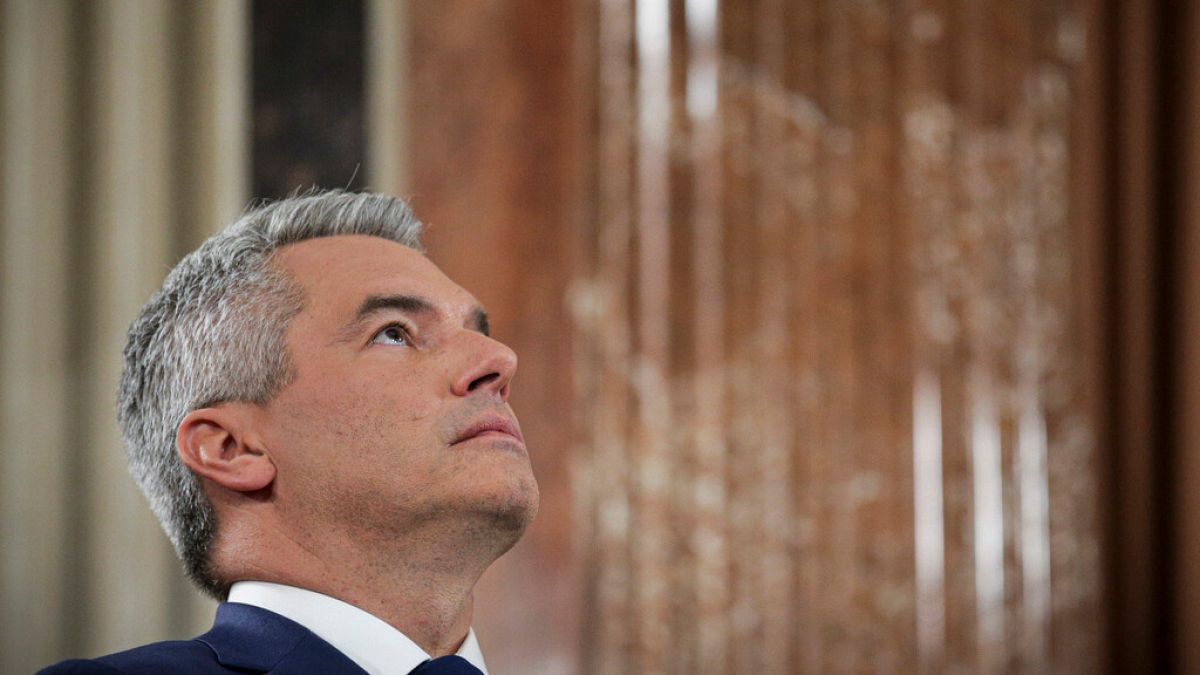The political landscape in Austria has taken an unexpected turn as the far-right Freedom Party (FPÖ) finds itself with no coalition partners despite winning the recent election. Incumbent Chancellor Karl Nehammer has been asked by the country’s president to form a new government, as the FPÖ’s controversial leader, Hebert Kickl, has been unable to find any partners willing to work with him. This decision comes after the conservative People’s Party, led by Nehammer, and the other three parties in the new parliament all refused to form a coalition with the FPÖ.
President Alexander Van der Bellen has made it clear that Kickl will not be able to find any coalition partners to make him chancellor. Nehammer has been tasked with entering into negotiations with the centre-left Social Democrats, who came in third in the election. With the addition of the Social Democrats, Nehammer’s party only has a slim majority in parliament, prompting the suggestion that a third partner may be needed for a stable government. The liberal Neos party, which received 9.1% of the vote, is being considered as a potential coalition partner.
The FPÖ’s success in the election can be attributed to their focus on addressing voter concerns about immigration and the cost of living. Kickl, who has led the party since 2021, has proposed controversial policies such as “remigration,” a plan to return individuals to their country of origin. Despite their electoral victory, thousands of protesters in Vienna have expressed opposition to the idea of other political parties working with Kickl to prevent him from forming a government.
The decision to exclude the FPÖ from coalition talks reflects a growing reluctance among mainstream parties to align themselves with far-right ideologies. The rejection of Kickl as a potential chancellor highlights the political divide in Austria, where parties are unwilling to compromise on their values in order to form a government. This development underscores the importance of ideological alignment and public perception in the formation of coalition governments, as parties seek to maintain their integrity and credibility with voters.
As Austria navigates the process of forming a new government, the role of smaller parties such as the liberal Neos party becomes increasingly significant. With the potential need for a third partner in the coalition, parties across the political spectrum will need to engage in negotiations and compromise to ensure a stable government is established. The exclusion of the FPÖ from coalition discussions serves as a reminder of the complexities and challenges of coalition politics, as parties seek to balance their own priorities with the demands of the electorate.











